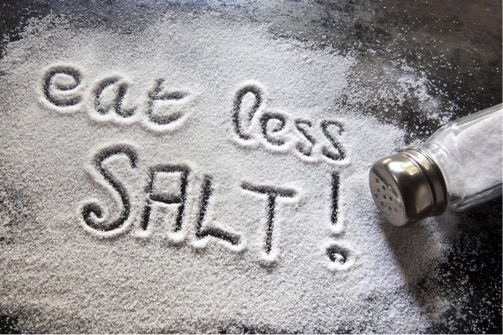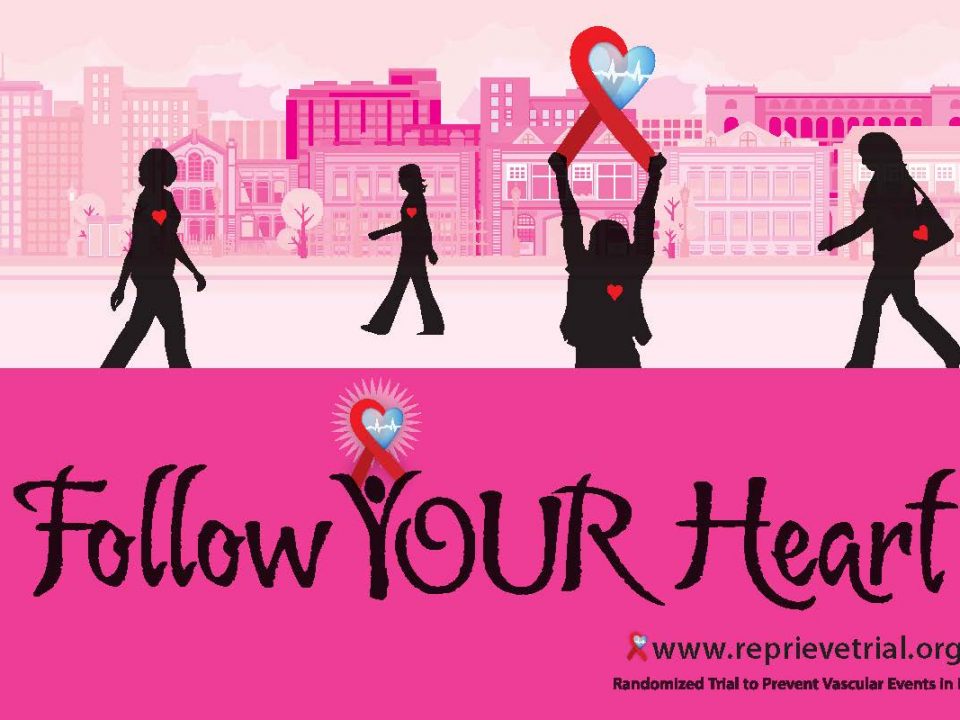By: Corinne Rivard

Have you ever been told by your healthcare provider that you need to reduce the salt in your diet?
Have you been wanting to lower the amount of salt in your diet but don’t know where to start?
An important first step to lowering salt in your diet is understanding how extra salt can affect your health.
This blog will try to breakdown some important facts about how too much salt in your diet can affect your health.
Why is salt important in your diet?
Your body needs salt, also called sodium, in order to function and maintain fluid balance. Your kidneys are in charge of balancing the levels of salt in your body at all times. However, everybody is different, and some people are more sensitive to the effects of salt than others.
The American Heart Association recommends adults have no more than 2,300mg of sodium per day, and 1,500mg per day for adults with high blood pressure. Knowing these numbers is important because too much salt can cause health problems.1
Why is eating too much salt bad for me?
There is a general rule that “water follows salt”. When there is too much salt in your bloodstream, for example, after you have a salty meal, water follows salt right into your bloodstream too. More fluid in your bloodstream means your blood pressure may increase. Over the long term, high blood pressure increases the stress on your heart and thus your risk of heart disease.1
How can I reduce salt in my diet?
The majority of salt in the typical American diet comes from processed foods. These include1,2:
- Bread
- Pizza
- Soup
- Cold cuts
- Fast food
- Frozen dinners
For most of us, the best way to reduce salt in our diet is to be aware of what we are putting into our bodies. There are many ways to reduce salt in your diet. Some things you can try at home include.1,2
- Eat more fresh fruits and vegetables
- Rinse canned vegetables and beans
- Use herbs, spices, lemon, or salt-free seasoning blends
- Avoid adding salt to food at the dinner table
- Look for % of daily value of sodium on nutrition labels
- Choose “Low”, “Reduced” or “No” salt food products
Even lowering the amount of salt you eat by 1,000 mg a day can help improve your blood pressure and overall heart health.1
What does the research show?
In 2019, a team of researchers investigated the effects of an ultra-processed diet compared to an unprocessed diet.3
To do this, researchers recruited 20 people, half men and half women, and randomly assigned them to either an ultra-processed diet or an unprocessed diet for a month. People in the ultra-processed diet group gained weight compared to people in the unprocessed diet group who lost weight. The salt intake was significantly higher in the ultra-processed diet compared to the unprocessed diet. The researchers therefore concluded that limiting the amount of ultra-processed foods in your diet may be effective in reducing salt intake and in treating and preventing obesity.3
How can I learn more?
Talk to your healthcare provider if you have questions about your salt intake or high blood pressure. You can also visit the American Heart Association to read more.
References
- https://www.heart.org/-/media/data-import/downloadables/pe-abh-why-should-i-limit-sodium-ucm_300625.pdf
- https://www.mayoclinic.org/healthy-lifestyle/nutrition-and-healthy-eating/in-depth/sodium/art-20045479
- K.D. Hall, A. Ayuketah, R. Brychta, H. Cai, T. Cassimatis, K.Y. Chen, S.T. Chung, E. Costa, A. Courville, V. Darcey, et al. Ultra-processed diets cause excess calorie intake and weight gain: an inpatient randomized controlled trial of ad libitum food intake. Cell Metab. (2019), 10.1016/j.cmet.2019.05.008. Published online May 16, 2019. https://www.cell.com/cell-metabolism/fulltext/S1550-4131(19)30248-7



